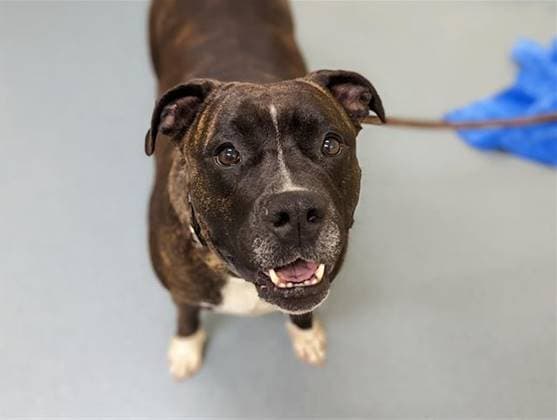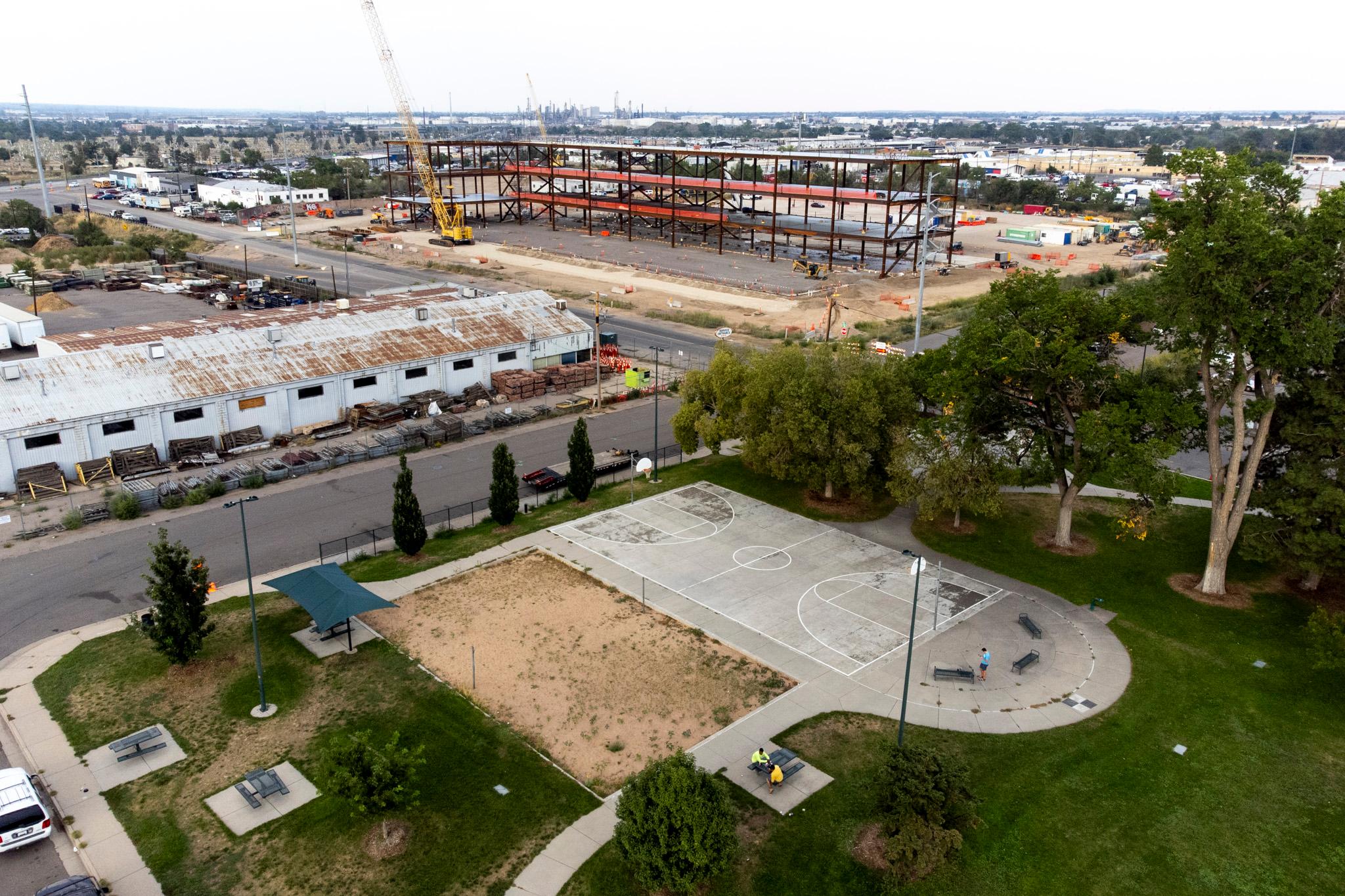Have you registered your pit bull yet? Chances are you've forgotten and that's...OK.
In January 2021, voters effectively overturned the city's decades-long ban on pit bulls by creating an additional permitting system (all dogs and cats have to be licensed with the city). Owners are required to bring their dog into a Denver Animal Shelter so the furry friend can undergo an evaluation to receive a permit.
Since 2021, Denver Animal Protection has completed about 1,109 evaluations. About 590 of the dogs were considered pit bulls, and 364 permits have been issued.
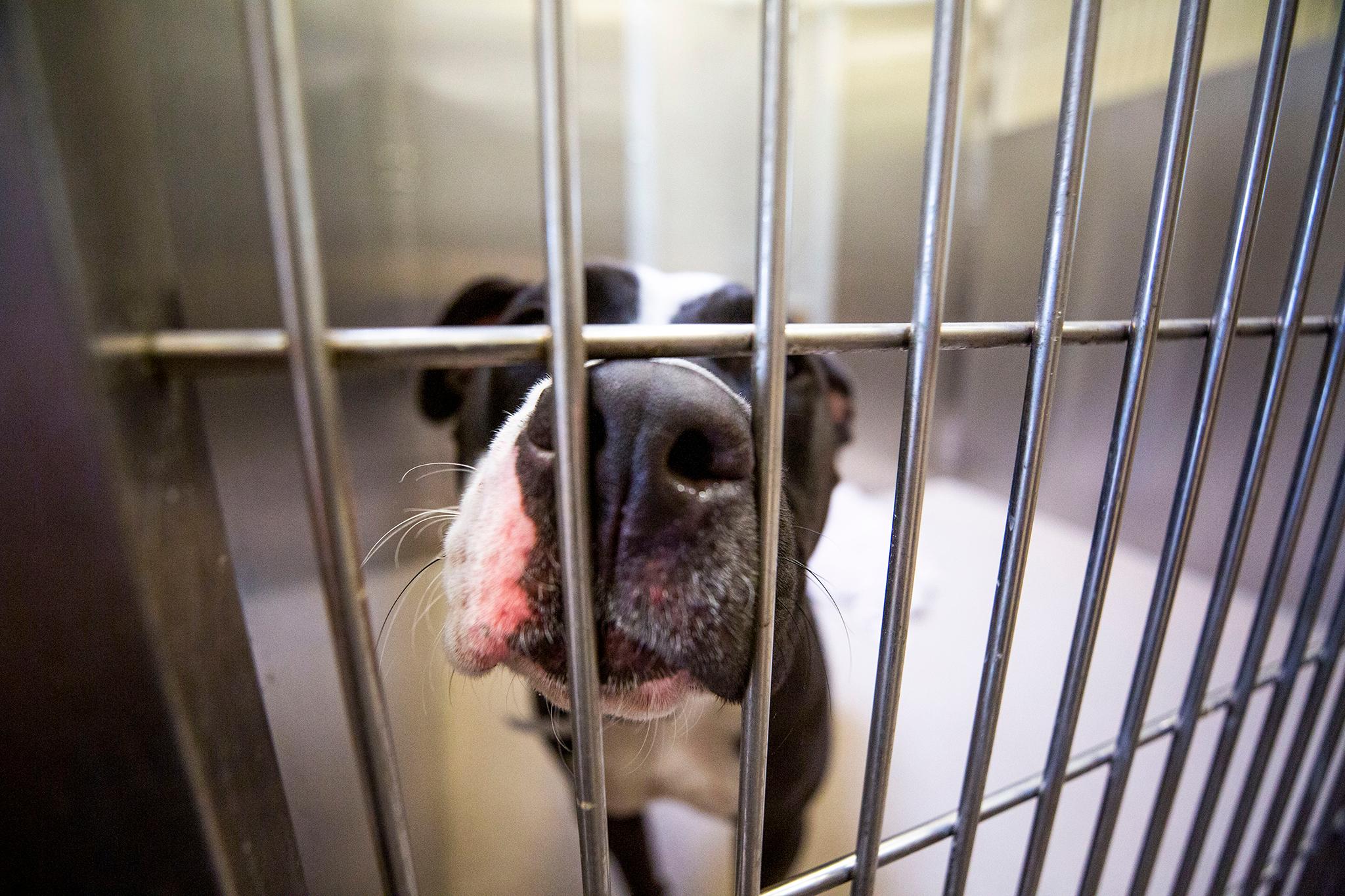
590? 364? Why the disconnect?
DAP Compliance Coordinator Derek Scott said the permitting process has been going well since its inception but misinformation, misunderstanding, the lengthy process for permitting and the fees themselves are causing some issues.
"It's not necessarily people not wanting to comply, they don't just know the law," Scott said. "I think a lot of people are under the impression that the ban was completely lifted. When the law first changed, we got a bunch of people right in the door. It's the people who voted to overturn the ban, they have pit bulls and they want to be a part of the process. If you don't work in the industry or the city, how would you know about the pit bull law? I don't blame people for not being aware of it."
The law affects American Pit Bull Terrier, American Staffordshire Terrier and Staffordshire Bull Terrier and states that in order to own one, Denverites need a permit.
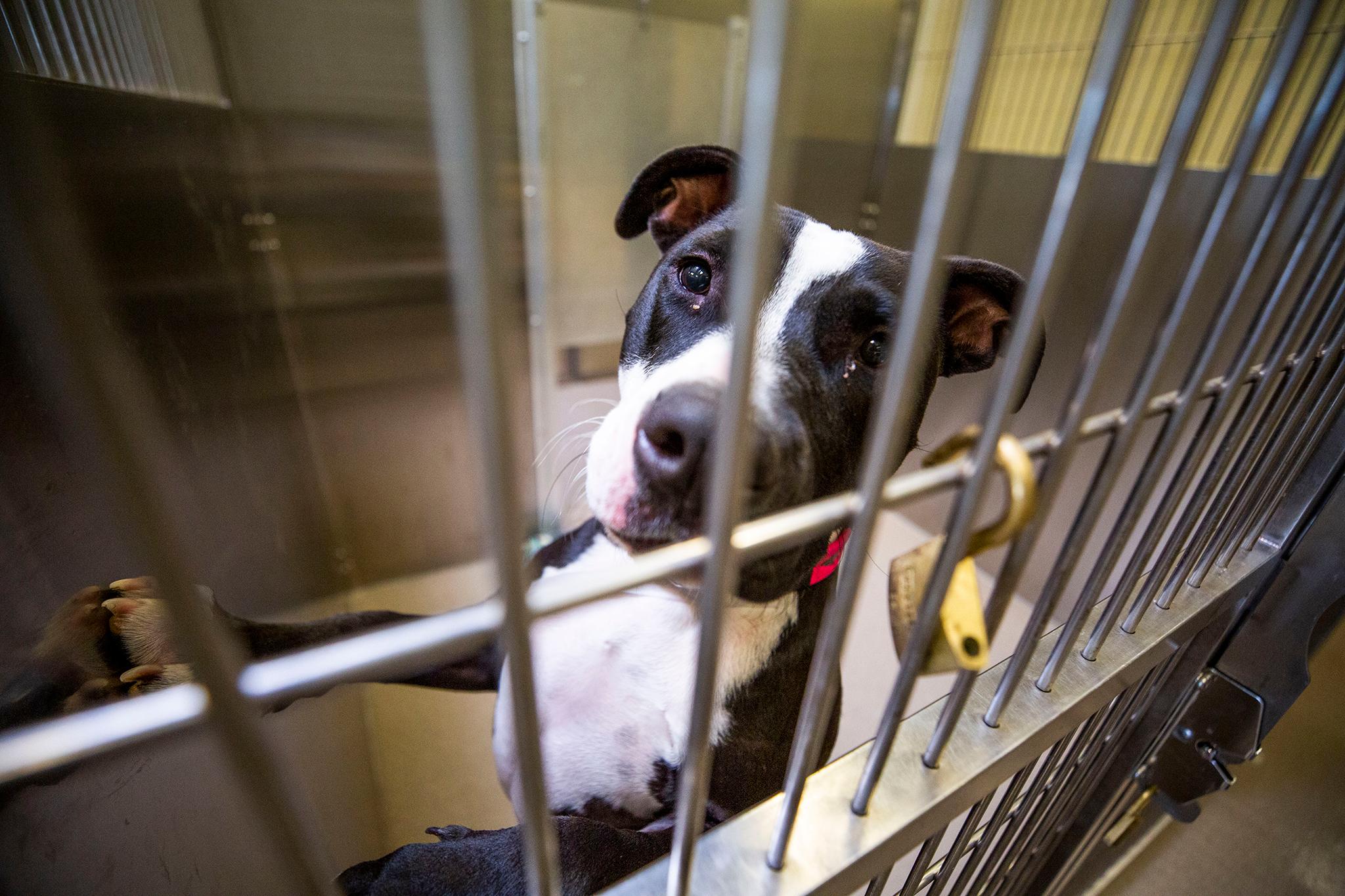
The pit permit process begins with a visual assessment that determines whether or not the dog is predominantly a pit. Three staff members complete the assessment via a checklist examining the dog's body structure. Scott said all three staff members have to unanimously agree that the dog is a pit. If they don't come to an agreement, a pit permit isn't needed.
Scott added that one other issue in the permitting process is some owners believe their dogs are more Labrador than pit, which can be the case, but he urges owners to go through the evaluation just in case.
After the assessment and pit determination, owners are required to microchip, vaccinate and spay/neuter their pet.
None of this is free.
Scott said the assessment costs $25 and the permit is an additional $30. The regular Denver pet license is $15. Microchips can cost anywhere between $20 to $100 and spay/neuter could cost a couple of hundred dollars, according to Scott. Vaccines could run from $20 to $40.
"The fees aren't everything... but I think one of the bigger barriers is knowing there is a cost associated with the permit," Scott said. "Just knowing there are fees associated with the permit can be a reason people aren't coming in. People can have everything they need to get their dog permitted but the cost of living in Denver is expensive. If it comes down to my last $70, [and it] is either going to feed my family or permit my dog, I'm probably going to feed my family."
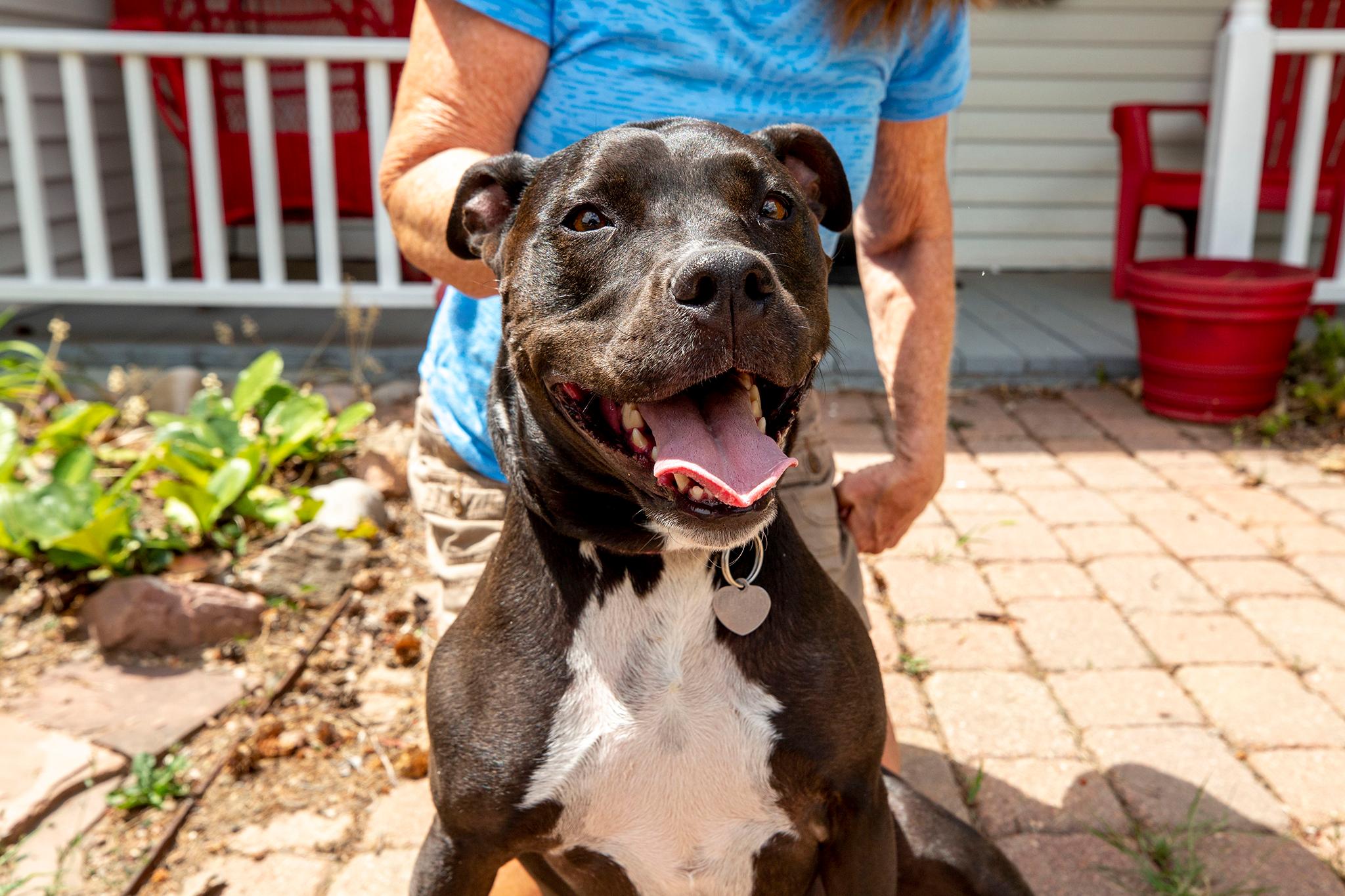
DAP is hoping that a new grant can fix the fee and misinformation issues.
National nonprofit Petco Love is set to give DAP $10,000. The grant is specifically to help the pit permitting process. Scott said DAP will use some of the funding to further educate Denverites on the process by creating informational campaigns. The rest of the money will go toward the fees owners may be struggling to pay.
Scott said for now, fee assistance is on a case-by-case basis. But as more people come in to permit their pitties, he's hoping more funding becomes available.
Overall, the permits are good for three years. If violations occur, such as off-leash tickets or biting (which apply to all pets in Denver) the three-year term will restart. If not, the permits will be renewed.
Scott said when the law hits its third-year anniversary, in 2023, DAP will present the data to Denver City Council.
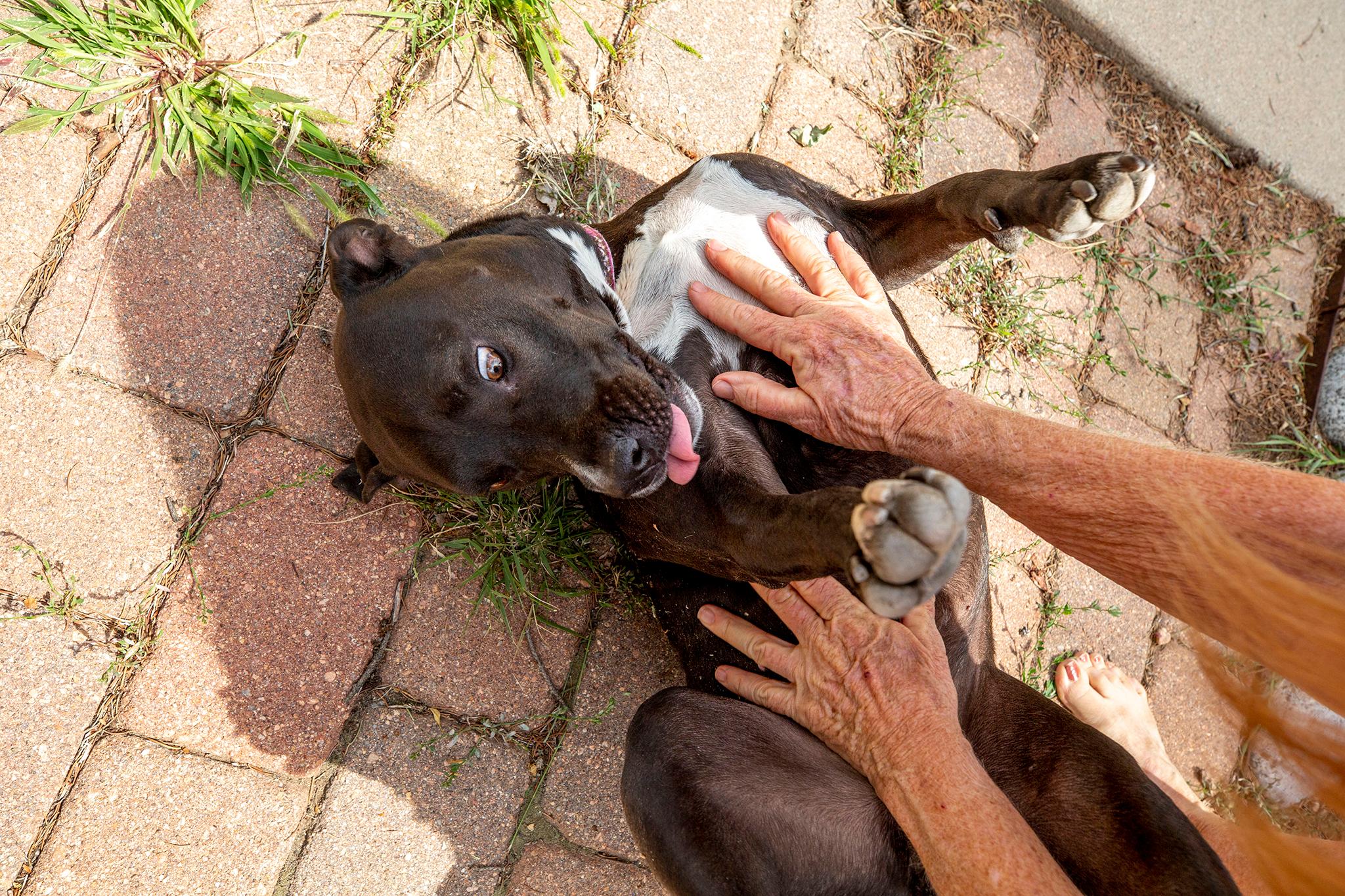
"The whole idea is to compare statistics for dogs that are on these permits to dogs that are not," Scott said. "We can go to the city and say, hey, looks like this permitting stuff is a good idea. Pit bulls are biting a lot more. There's more off-lease charges. Or, we might find data that says that it's pretty much the same as any other breed and maybe the permitting isn't necessary."
Since the permitting program began, 167 pit bulls have been adopted. Scott said there are four pitties currently available for adoptions, including cutie Lil Mama and the smiling Jack Jack. Head to the shelter to check them out, but don't forget the permit.
"I can guarantee there's probably thousands of pit bulls in the city," Scott said. "That's just an estimate, but I can almost guarantee that pit bulls are going to be one of the higher population dogs in the city. We get a lot of bully breeds at the shelter, chihuahuas, huskies, but I would say population-wise there are a lot of pit bulls not on our radar."

